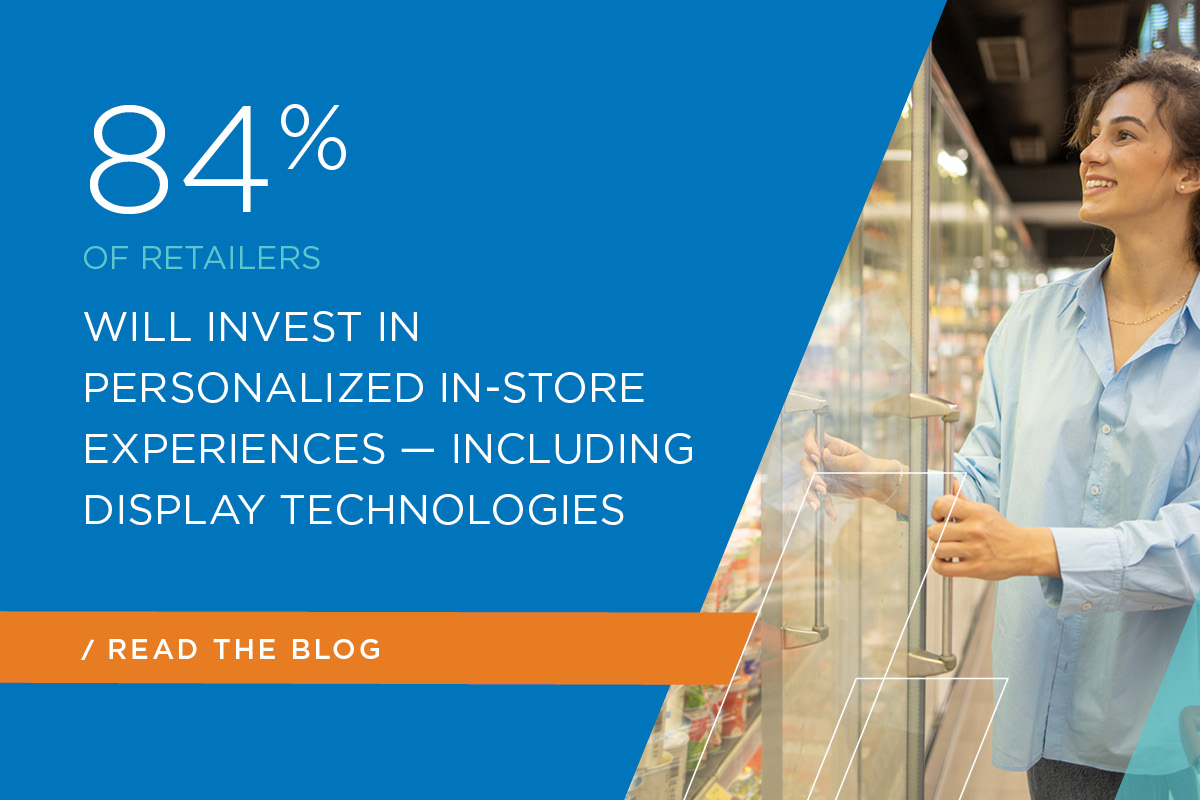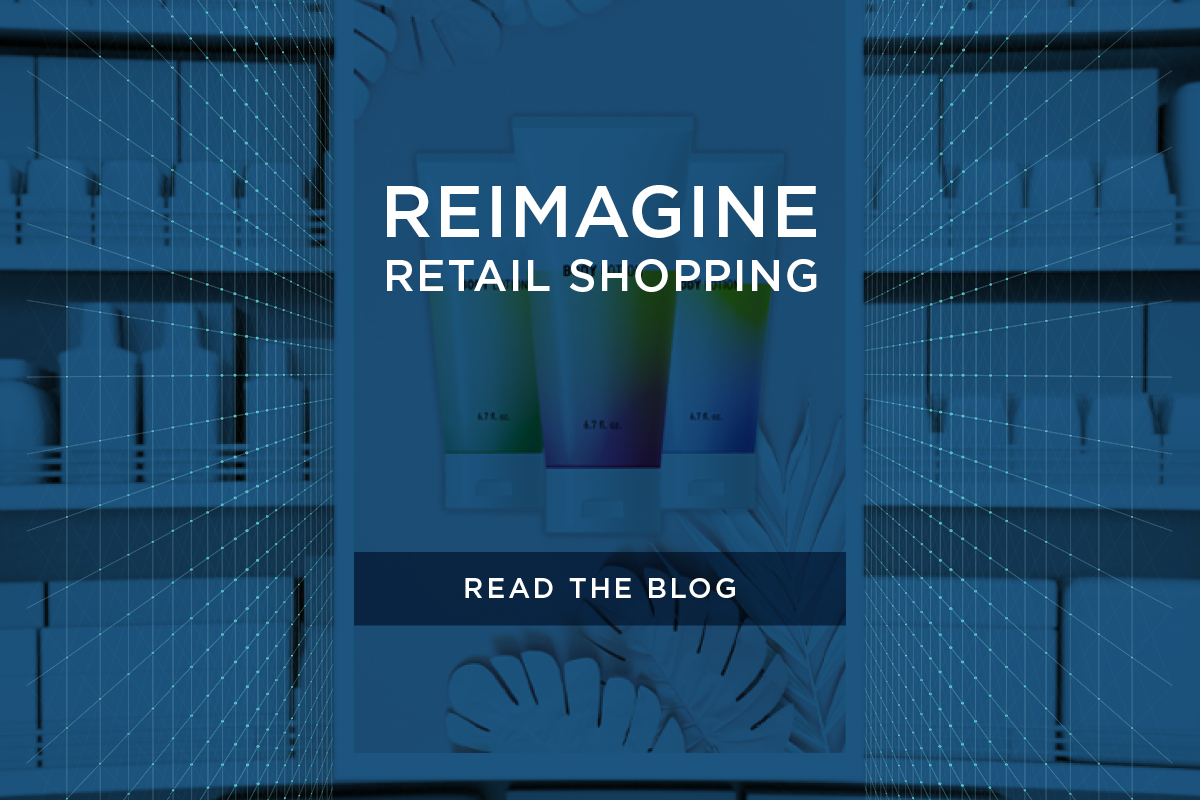The theme for retail marketers in 2024 is push forward when others pull back. Amid continued budget consolidation, unpredictable consumer demand, and macroeconomic factors, marketers naturally tend to conserve their resources for a brighter day. Despite industry challenges, the retail landscape is ripe with opportunities. The strong holiday season shone a light on the way forward. To capitalize on this momentum, retailers must jump on crucial marketing trends to push forward and past their competitors this year.
1. Tightened Budgets Lead to Streamlined Vendors and Value-Driven Strategies
Ironically, pushing forward starts with a step backward with the dissolution of “MadTech,” divorcing AdTech from MarTech. Blurring the lines between AdTech and MarTech has diluted their specialized functions while missing key capabilities like consent management. These gaps are limiting MadTech effectiveness in achieving specific value, including cultivating personalized experiences that meet customer expectations.
Complicating matters, marketers won’t have the luxury of robust budgets to support them. Gartner’s 2023 CMO Spend and Strategy Survey showed that most chief marketing officers are pressured to reduce their technology spending while lacking the resources to meet their goals. The new year and a challenging economy will inspire marketers to re-evaluate vendor partnerships and eliminate redundant and uneconomical tools. Retail marketers will favor expertise and collaboration over complexity — this starts with fewer specialized vendors and more value-driven strategies.
2. Brand Authenticity in the Age of AI/ML
These technologies will unleash targeting capabilities and improve consumer engagement across every marketing channel. For example, machine learning (ML) will help marketers identify customers who have developed brand affinity and a deep emotional connection towards a brand beyond any one product or name recognition and reflect consumer loyalty, trust and identification. Consumers favor brands that understand them, going beyond product offerings and into cultural relevance. A recent study by WPP|BAV determined brand influence drives business, with the most influential brands getting purchased up 2.4 times more often than rival brands. This translates to actual products in shopping carts. It’s up to brands to balance genuine engagement with productivity, understanding and leveraging the nuanced interaction between cost savings and brand ethics.
Furthermore, the sheer volume of creative elements will require automation. Generative artificial intelligence (AI) will be a powerful tool to drive sufficient messaging output. In 2024, we will see marketers make strides in trusting these technologies more and implementing them to maintain customer satisfaction.
3. The Relevance of the Store
2024 will see the merging of technology and personalization in retail environments, bringing a new standard of in-store messaging. Many retailers (84 percent) will invest in physical enhancements to personalize consumer experiences, and consumers will likely see an increased presence of in-store display technologies featuring QR codes, personalized offers, inspirational content, brand messaging, and more across each venue.
To create the right environment for delivering personalized messaging on in-store signage, transparency and prioritization of value for consumers will be critical. When executed with proper consent management, brands can establish the relationships necessary for personalization and newfound brand influence.
Pushing Forward
In 2024, business turbulence will result in many brands adopting a wait-and-see approach. Brands that smartly push forward could see their market position improve dramatically by year’s end. Influential brands will balance privacy with relevance and consumer comfort with data collection. Successful retailers will prioritize value-driven marketing strategies over extensive vendor lists, and brand influence in the age of AI. Together, brands and retailers must find the balance between personalization and privacy with immersive technology.
Hans Fischmann is vice president of product at Vericast, a company reimagining marketing solutions one business-to-human connection at a time.



